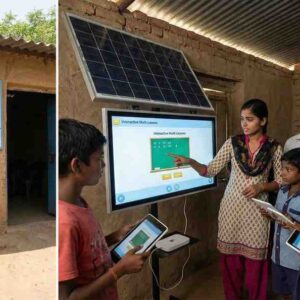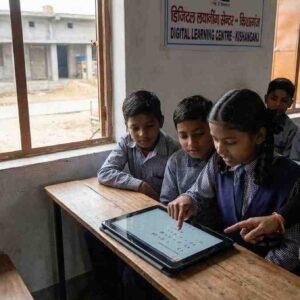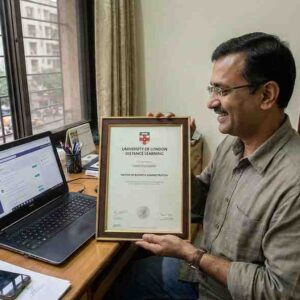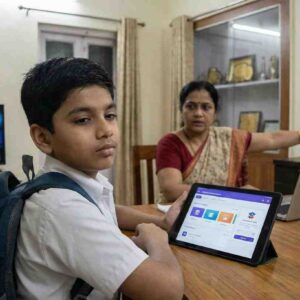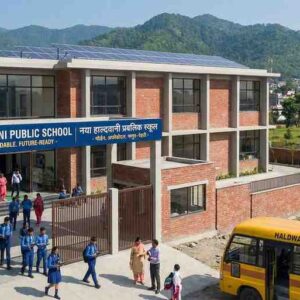Introduction: Expanding the Vision of Education
In an era where job security often dictates educational choices, parents naturally gravitate towards career-focused learning for their children. However, the true essence of education encompasses far more than just preparing for employment; it involves nurturing a well-rounded individual equipped with knowledge, critical thinking, and the ability to adapt to an ever-changing world. This article explores strategies for encouraging parents to appreciate the intrinsic value of broad-based knowledge alongside career training.
1. Highlighting the Limitations of a Narrow Focus
Short-term Gains vs. Long-term Benefits
- A job-centric education might secure early employment but can limit long-term career flexibility and personal growth. Parents should consider how a diverse educational foundation often leads to greater professional adaptability and success.
- Statistical Insight: Studies indicate that individuals with a broader educational background are 25% more likely to transition successfully between emerging job sectors, according to a report by India’s National Skill Development Corporation.
The Risks of Obsolescence
- In rapidly evolving industries, specific technical skills can become obsolete. A well-rounded education that includes problem-solving and critical thinking skills ensures that children remain competitive and adaptable.
- Supporting Data: The World Economic Forum warns that an estimated 85 million jobs may be displaced by shifts in labor division between humans and machines by 2025, underscoring the need for adaptable skills that transcend specific job tasks.
2. Demonstrating the Value of Knowledge
Enhancing Everyday Life
- Education that prioritizes broad knowledge prepares students not just for the workplace but for a richer, more informed life. Parents should recognize that subjects like literature, history, and science cultivate a deeper understanding of the world, enhancing personal decision-making and societal engagement.
- Cultural Benefits: A survey by the Ministry of Culture found that students exposed to history and arts education are 30% more likely to participate in community and cultural activities as adults.
Supporting Personal Development
- Skills developed through diverse educational experiences, such as critical thinking, ethical judgment, and creativity, are crucial for personal development. These skills help children navigate life’s challenges and contribute positively to society.
- Educational Impact: According to India’s Education Ministry, students from schools with strong liberal arts programs show higher levels of empathy and ethical reasoning.
3. Practical Strategies for Parents
Choosing the Right Educational Institutions
- When selecting schools or programs, parents should look for institutions that emphasize holistic education alongside job readiness. This balance ensures that children gain both the specific skills needed to secure employment and the broad knowledge base essential for lifelong success.
- Checklist Feature: Look for schools that offer project-based learning, interdisciplinary courses, and extracurricular activities that foster a broad set of interests and skills.
Encouraging Extracurricular Learning
- Parents can enrich their children’s education by encouraging participation in extracurricular activities such as music, art, sports, and coding camps. These activities complement academic learning and help develop a well-rounded character.
- Parent Tip: Support and participate in your child’s learning by attending school events, discussing their projects at home, and providing resources for their interests.
Conclusion: A Call for Enlightened Parental Support
As India continues to evolve in its educational aspirations, parents play a crucial role in shaping how their children value and engage with learning. By encouraging an education that values knowledge as much as job prospects, parents can ensure their children are not only ready for the jobs of tomorrow but are also prepared to lead fulfilling, informed lives. This balanced approach is essential for nurturing responsible, capable, and well-rounded individuals who can contribute to society in meaningful ways.




